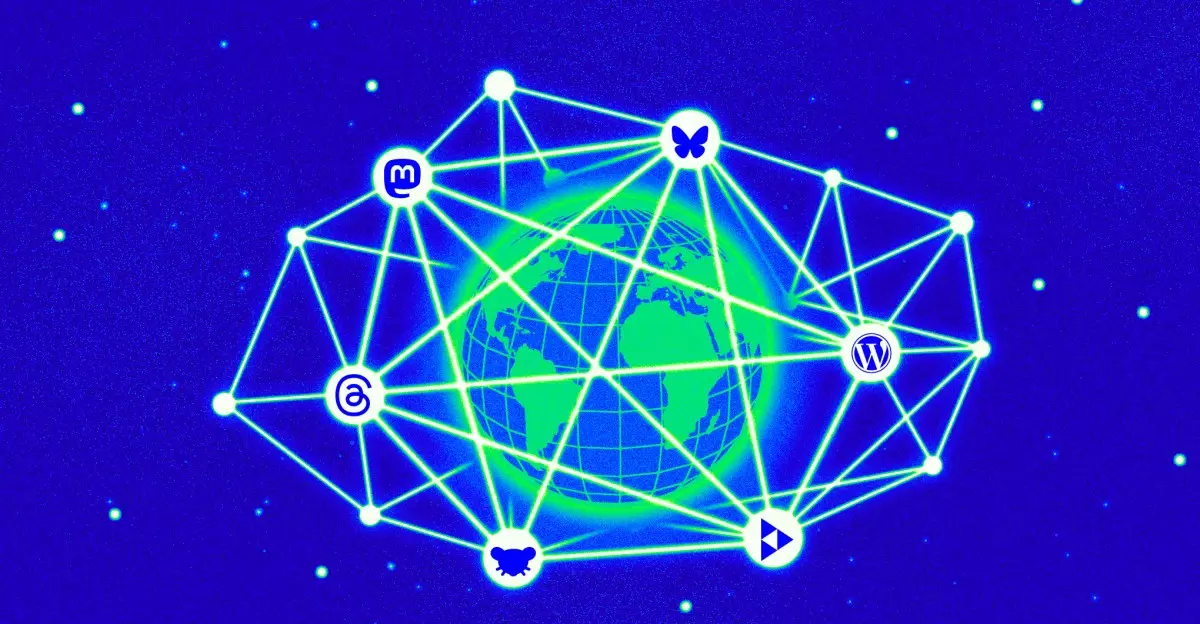The digital landscape is rapidly evolving, with innovative applications striving to enhance how we connect and interact online. Platforms like Bonfire Social, Channel.org, and Bounce are pioneering methods that are not only reshaping user experiences but also liberating the way communities form and collaborate. This transition to an open web serves a dual purpose: fostering individual expression while promoting shared governance in digital spaces.
Bonfire Social has been one of the standout players in this movement, focusing on establishing frameworks for digital communities that are tailored to their unique styles and governance structures. With the introduction of Bonfire Social 1.0, the developers have broadened the horizons for what a decentralized social network can be. This platform offers an exciting pre-configured bundle of features, such as customizable feeds and discussion threads, which not only enhances user experience but really empowers communities to carve their digital identities. The initiative to create various “flavors” of Bonfire, tailored for specific uses—like Bonfire Community for private groups and Bonfire Open Science for academic collaboration—is indicative of a forward-thinking approach that reflects the diverse needs of users in the modern digital ecosystem.
The Rise of Curated Content with Channel.org
While Bonfire Social provides the framework for community building, Channel.org introduces a sophisticated curation tool that allows users to hone their online interactions significantly. The intricate design of Channel.org lets users curate their social feeds with precision, tracking hashtags, users, and even bridging accounts from other platforms like Bluesky. In a world inundated with information overload, this tailored experience is not just refreshing; it’s revolutionary. The ability to filter out irrelevant content, mute certain accounts, and block undesirable themes without sacrificing engagement is a much-needed tool in today’s increasingly polarized social landscape.
Developed on a customized Mastodon server by the Newsmast Foundation, Channel.org exemplifies a commitment to democratic online spaces that empower users. The fact that it’s currently in a beta phase fortifies its potential, encouraging early adopters to imagine the future of curated content in their social journeys. Getting on the waitlist might soon become a badge of honor for anyone keen on leveraging open web technologies to shape their online environments.
Seamless Transition Between Platforms with Bounce
Transitioning between social networks can often feel daunting, particularly for avid users with established followings. Bounce enters this scene with a solution that promises to alleviate such concerns. This innovative app enables users to migrate their Bluesky accounts to Mastodon while retaining their followers, significantly reducing the friction usually associated with platform switching. This is a game-changer in facilitating the cross-pollination of ideas and communities across competing platforms, something that traditional social networks have largely failed to achieve.
Utilizing the technology developed by A New Social, the creators of Bloc—who have a history of bridging gaps between platforms—Bounce embodies a can-do spirit that encourages exploration and interaction across different social landscapes. By making it easier for users to maintain their connections while exploring new tools and platforms, Bounce is not just a tool; it’s a catalyst for social evolution in the digital age.
Embracing the Future of Online Communities
The collective push from Bonfire Social, Channel.org, and Bounce illustrates a burgeoning trend toward decentralized and user-centric social networks. Each of these platforms offers distinct contributions that cater to the evolving needs of users who seek more than mere connectivity; they are searching for engagement, community, and the empowerment to shape their digital narratives. As the online landscape continues to shift, the emergence of such tools marks a pivotal moment in the history of social interaction.
More than just applications, these innovations present new opportunities for individuals to assert their identities and convene around mutual interests—or, simply, to engage in meaningful dialogue disengaged from traditional platforms that often prioritize advertising revenue over user experience. As we explore these new frontiers, we find ourselves at the helm of not just a technological change but a cultural transformation that could rejuvenate our digital lives. Embracing these advancements might well pave the way for a more interconnected and inclusive global community.

